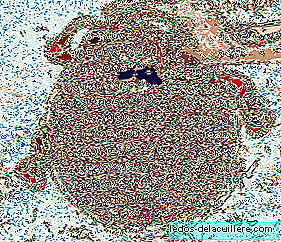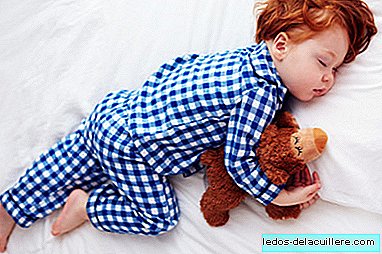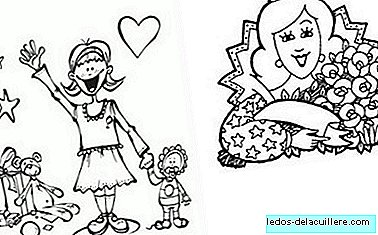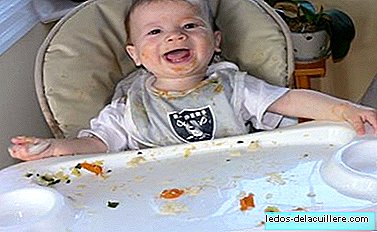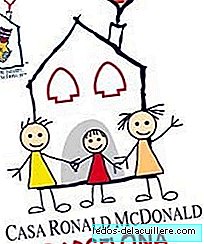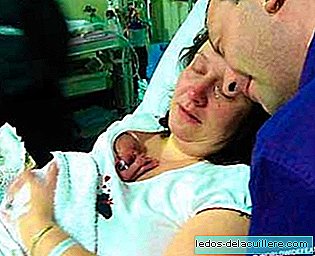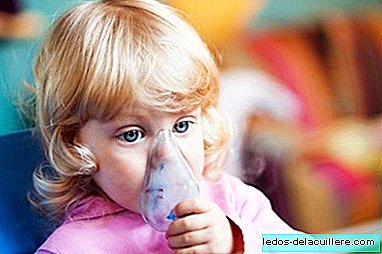
Bronchiolitis is an infection of the respiratory tract caused by respiratory syncytial virus (RSV), which especially affects children under two years of age and in the most severe cases, causes hospitalization of children.
On the other hand, asthma is currently the most frequent chronic disease in children, due, among other factors, to the increase in air pollution. Half of children under 3 have experienced at least one wheezing episode.
According to the study Virus diversity in asthma (McErlean, 2010) researchers have identified all respiratory viruses involved in acute asthma attacks, among which is the RSV, which It is also present in up to 50% of cases of acute asthmatic attacks.
Having had a RSV infection is significantly associated with a increased risk of recurrent wheezing, not only in infants who developed severe bronchiolitis and needed hospitalization, but also in children with bronchiolitis who did not require it.
Types of asthma
They have differentiated three types of asthma: transient asthma, persistent early asthma (atopic or non-atopic) and late asthma, which accounts for 20-30% of asthma cases. On the other hand, asthmatic children can be classified in different models or phenotypes: transient wheezing (asthma remits between 4-6 years), non-atopic wheezing (asthma remits between 9-11 years) and atopic sibilants.
According to the Spanish Guide for the Management of Asthma (GEMA), the age of onset, family history of asthma or other allergic diseases, respiratory viral infections (bronchiolitis) that appear in the first year of life or bronchial hyperresponse, allow diagnose evolution and predict whether asthma will remit in childhood or, if on the contrary, it will tend to persist.
Asthma Prevention
There is no vaccine against bronchiolitis, but according to a recent clinical trial published in the New England Journal of Medicine, preventing a first serious infection with monoclonal antibodies can prevent recurrent wheezing (asthma). These show reducing the percentage of wheezing by up to 61% the first year of life, and some research also shows that in children up to 3 and 5 years of life.
It is a specially formulated treatment, but its administration is not widely recommended since there is not enough evidence to recommend it as prevention. It is used individually in children at high risk, such as children under 12 months with extreme prematurity (23-32 weeks gestation), with severe chronic lung disease (EPC) or without EPC but with multiple risk factors or children with severe EPC or heart disease with hemodynamic repercussion.
Bronchiolitis is not easily preventable, since it is a high-contagion virus, but there are measures that parents can take to prevent its transmission (as much as possible) starting with pregnancy, since almost half of the Babies admitted for bronchiolitis have been passive smokers in pregnancy.



